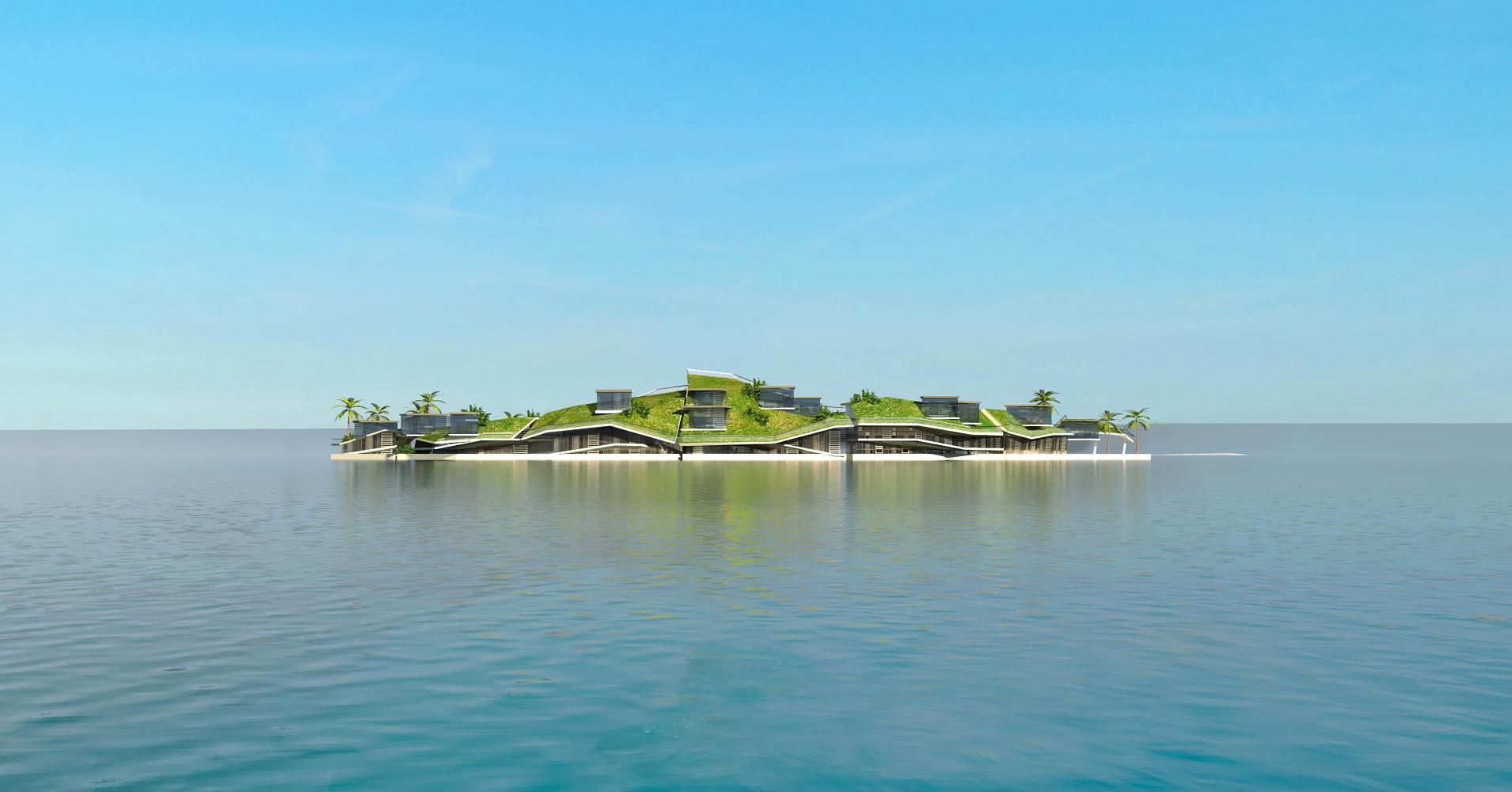A journalist, a soup exec, and an imam walk into a room. There’s no joke here. It’s just another day at CrisprCon.
On Monday and Tuesday, hundreds of scientists, industry folk, and public health officials from all over the world filled the amphitheater at the Boston World Trade Center to reckon with the power of biology’s favorite new DNA-tinkering tool: Crispr. The topics were thorny—from the ethics of self-experimenting biohackers to the feasibility of pan-global governance structures. And more than once you could feel the air rush right out of the room. But that was kind of the point. CrisprCon is designed to make people uncomfortable.
“I’m going to talk about the monkey in the room,” said Antonio Cosme, an urban farmer and community organizer in Detroit who appeared on a panel at the second annual conference devoted to Crispr’s big ethical questions to talk about equitable access to gene editing technologies. He referred to the results of an audience poll that had appeared moments before in a word cloud behind him, with one bigger than all the others: “eugenics.”








